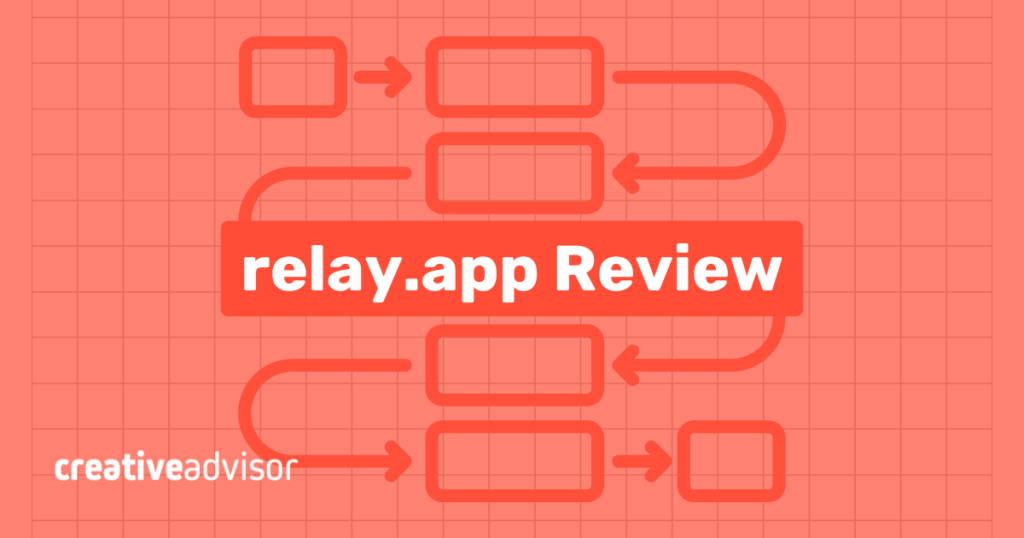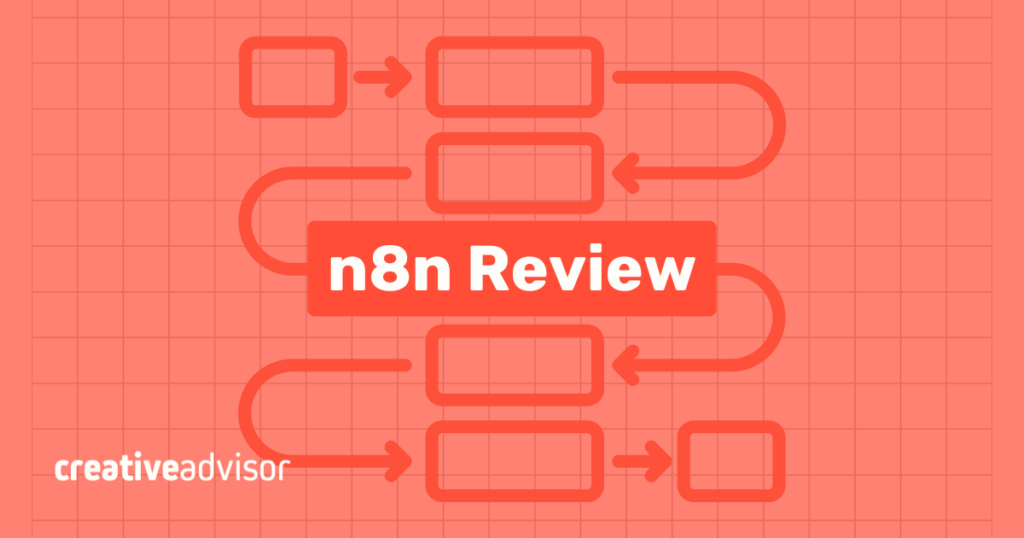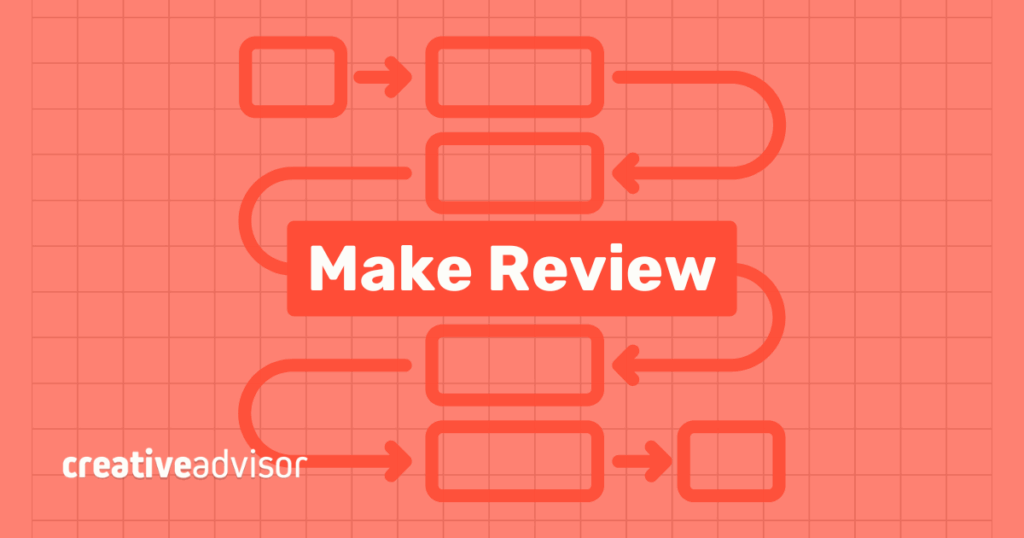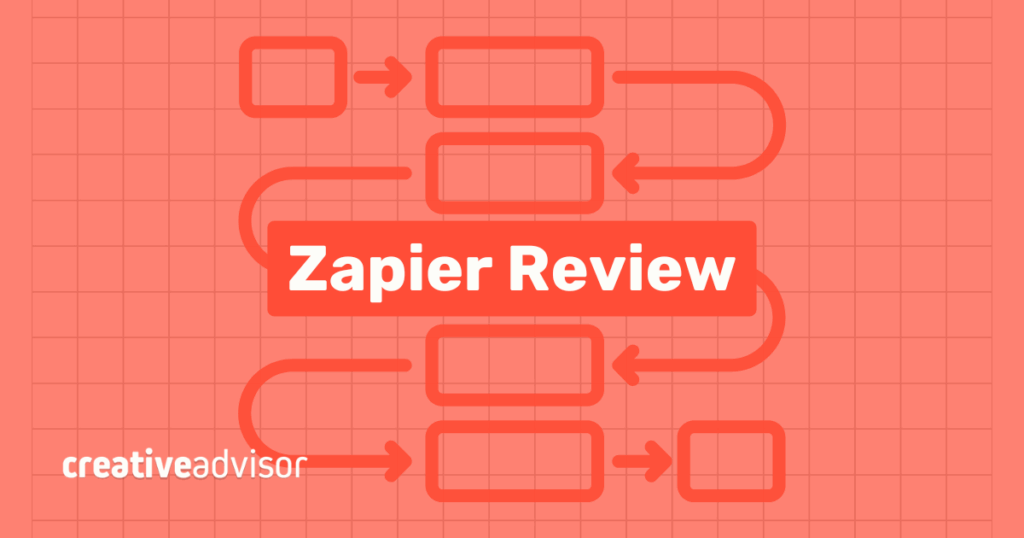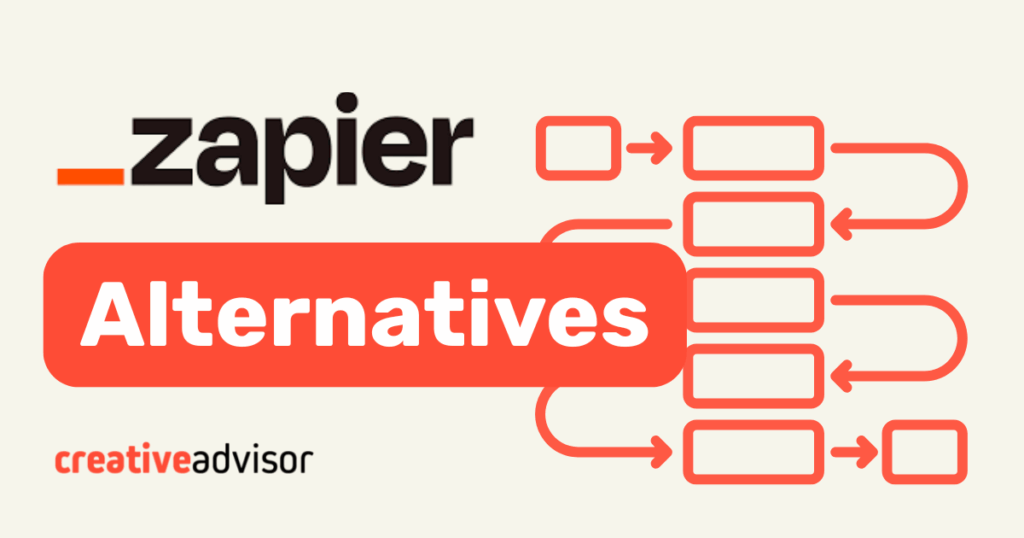
OVERVIEW
Relay.app is a highly capable workflow automation platform with particularly strong AI/LLM integration, excellent usability features, and consistent innovation. The platform is well-suited for teams requiring advanced automation with human-in-the-loop capabilities and AI-powered decision making.
However, the platform still has limits. Its integration network is smaller than competitors, and fixed step caps can pause workflows if usage spikes. Support is email-only, and community resources are still developing.
BEST FOR:
Pros
- Connects with popular work tools. Integrates with major platforms like Slack, Notion, Google Workspace, and HubSpot, covering the core apps most teams use daily.
- Guided visual interface. Relay uses a step-by-step builder with live data previews, allowing users to design, test, and adjust workflows directly as they build.
- AI-assisted workflow options. Recent updates add AI-powered steps that can classify, summarize, or generate content within automations.
- Intentional checkpoint options. Relay lets teams add manual review points within automated workflows, ensuring people can confirm or adjust actions before they continue.
Cons
- Cloud-only architecture. No self-hosting option means organizations with data residency requirements (GDPR, HIPAA, government) or on-premise policies cannot use Relay.
- Feature access tied to higher tiers. Collaboration tools, shared workflows, and dedicated support are only available on Business and Enterprise plans, while lower tiers focus on individual automation and testing.
- Smaller integration library. With only 100+ integrations you'll likely need workarounds if you use niche tools, industry-specific software, or regional apps.
- Limited support availability. relay.app primarily offers email-based support with response goals of 24–48 hours, and faster assistance is reserved for Enterprise customers.
- Hard task caps can interrupt workflows. Once monthly step limits are reached, automations pause until the next cycle or plan upgrade, which can disrupt operations during high activity periods.
Key features and ease of use
Relay focuses on practical automation that fits into how teams already work. Its visual builder, AI capabilities, and flexible integrations help automate complex processes without requiring technical setup. Each workflow is built to run in real time, giving users full visibility into data, actions, and results as they happen.
Visual workflow builder
The platform’s builder uses a guided, step-by-step layout that shows how data moves between apps. Each step can be configured visually with live previews that update in real time. Users can test and adjust workflows directly, making setup clear and approachable.
Workflows can include conditions, triggers, and manual checkpoints for review. The platform displays data as it flows through each step, helping users confirm results before publishing. The builder keeps automations transparent and easy to refine as they scale.
Integration library
Relay connects with over 100+ apps across productivity, communication, and CRM categories. While its integration catalog is smaller than established tools like Zapier, n8n, or Make, it continues to expand and already supports popular platforms such as Slack, Notion, Google Workspace, and HubSpot. Prebuilt templates help users automate common workflows quickly and keep setup simple.
AI and automation capabilities
Relay includes built-in AI features that extend automation beyond simple triggers and actions. Users can add AI-powered steps to classify data, summarize content, or generate responses within workflows. These actions use both Step and AI credits, combining automation logic with model-based reasoning for more adaptive workflows.
AI also supports human-in-the-loop steps, offering suggestions or previews before a task continues. This blend of automation and reasoning helps teams handle more complex workflows without writing code or managing external AI integrations.
Ease of use
Relay is designed to make automation approachable for all teams. The interface guides users through each step, showing live data as workflows run. Most setups can be completed in minutes, with clear prompts and built-in testing that simplify configuration.
The visual builder and dashboard keep complex automations organized and easy to manage. While advanced logic and AI options may take time to master, relay.app remains accessible for non-technical users who want powerful automation without coding.
Integrations
Integrations are central to Relay’s value, connecting the everyday tools teams rely on to keep information consistent and workflows continuous. With support for over 100+ apps, Relay focuses on quality connections that cover productivity, CRM, and communication needs for most businesses.
Popular integrations include
- Productivity. Google Workspace, Notion, Slack, Microsoft Teams
- CRM and sales. HubSpot, Salesforce, Pipedrive
- Marketing. Mailchimp, ActiveCampaign
- Project management. Asana, Monday.com, ClickUp, Trello
- E-commerce. Shopify, Stripe
- Developer tools. GitHub, Airtable
Depth and reliability
Each integration includes both triggers and actions so workflows can start from events in one app and perform updates in another. Relay monitors these integrations in real time to keep data aligned as changes occur. New connectors are added regularly, and the company maintains direct oversight of core integrations to ensure consistent performance as APIs evolve.
Custom flexibility
For tools not yet available in the integration catalog, users can connect through API calls, HTTP Requests, or webhooks to automate niche or proprietary systems. This allows the platform to work with almost any service, even those not supported natively.
Compared to larger automation platforms, Relay’s integration network is smaller but focused. It prioritizes the most commonly used business tools while continuing to add new connections at a steady pace.
Our featured partners
relay.app pricing tiers
Relay uses a tiered pricing model based on monthly step limits and AI credit usage. Each plan includes a set number of steps with the option to increase capacity as workflows expand. Automations pause once the step limit is reached, so teams must upgrade or add capacity when usage grows.
| Plan | Annual price (per month) | Monthly price | Key features | Best for |
|---|---|---|---|---|
| Free | $0 / 200 steps | $0 / 200 steps | Full integration access, single-user workspace, 500 free AI credits per month. | Individuals testing automations or exploring the platform. |
| Professional | $19 / 750 steps | $38 / 750 steps | Maintains full AI capabilities with 5,000 free AI credits per month. | Independent professionals or small teams building recurring workflows. |
| Team | $69 / 2,000 steps | $138 / 2,000 steps | Support for up to 10 users, shared workflows, and shared connections. | Growing teams managing collaborative automations. |
| Enterprise | Custom | Custom | Custom integrations, priority support, agent-building workshops, tailored training, SOC 2 & GDPR compliance. | Large organizations with complex or regulated workloads. |
Prices reflect base step limits and do not auto-scale.
Both the Professional and Team plans can scale manually up to 100,000 steps per month, with pricing increasing as additional step capacity is added. This flexibility allows teams to expand usage as workloads grow, but the platform enforces hard step caps, meaning automations stop running once the monthly limit is reached. For teams with variable workloads, this can disrupt active workflows mid-month unless capacity is increased ahead of time.
Compliance and security
Security and data protection are central to any automation platform that connects business tools and manages sensitive information. The company applies encryption, access controls, and infrastructure monitoring to protect user data as workflows run between apps. Its compliance standards align with modern privacy frameworks, offering assurance for teams handling sensitive or regulated data.
Security features
- Data encryption. The platform encrypts data in transit using TLS 1.2+ and secures stored data with AES-256 encryption.
- Authentication and access control. Supports single sign-on (SSO), two-factor authentication, and workspace-level permissions to manage user access.
- Continuous monitoring. System activity is monitored for abnormal behavior, with automated alerts and incident response protocols in place.
- Audit visibility. Team and Enterprise plans include activity logs for workflow execution and user changes.
- Operational reliability. Automated backups and redundant infrastructure help maintain uptime and protect against data loss.
Compliance and certifications
- SOC 2 compliance. relay.app adheres to SOC 2 standards for data security, availability, and confidentiality controls.
- GDPR alignment. The platform complies with the EU General Data Protection Regulation and provides data subject rights for access, correction, and deletion.
- Data residency and privacy. User data is stored on secure cloud infrastructure, with options for regional hosting under Enterprise agreements.
- Data processing addendum (DPA). The company maintains a public DPA outlining encryption practices, subprocessors, and security commitments.
- Restricted employee access. Access to customer data is limited to authorized personnel, and all staff handling data are bound by confidentiality obligations under relay.app’s DPA.
While relay.app lists SOC 2 compliance and supports enterprise-level security controls, the vendor does not publicly list HIPAA compliance or offer a standard BAA. Organizations handling PHI should confirm HIPAA-ready terms and BAAs directly with relay.app before deploying the platform for regulated workflows.
Community and customer support
The company provides a structured support model that balances self-service resources with direct assistance for paying customers. The platform includes a growing knowledge base, in-app guidance, and email support for troubleshooting. Higher-tier plans add collaboration features and faster response options, giving larger teams the reliability needed to manage critical workflows.
Support review
It provides direct assistance through email at [email protected]. The support team operates remotely across multiple time zones and is generally available from 9 a.m. to 11 p.m. UTC. Support requests are accepted at any time, and the company aims to respond within 24 hours, though replies may take up to 48 hours. The Help Center includes searchable guides for setup and troubleshooting, and in-app walkthroughs assist with workflow configuration. Enterprise customers receive priority support and tailored onboarding, while lower tiers rely primarily on self-service documentation.
Community resources
Relay’s community ecosystem is still developing but offers several resources for users looking to learn or share workflow ideas. The company maintains a public Help Center that doubles as a knowledge base and learning hub. Product updates, feature announcements, and automation tips are shared through the official blog. Enterprise users may also participate in training sessions and workshops designed to expand platform expertise.
Customer reviews
The platform has received strong early feedback from users for its simplicity, speed, and built-in AI capabilities. On G2, it holds an average rating of 4.9/5 from around 70 verified reviews. Many describe it as one of the easiest automation platforms to set up, particularly for teams without technical backgrounds. Early adopters also highlight the reliability of its AI-driven steps and human-in-the-loop design, which helps keep automations transparent and controlled.
What people like
- Ease of use. Reviewers praise relay.app’s clean builder and guided setup that make it simple for non-technical users to create automations quickly.
- AI functionality. Many highlight how AI is built into every plan and can be combined with manual checkpoints, allowing teams to automate intelligently while maintaining oversight.
- Setup speed. Users often mention they can design, test, and deploy workflows in minutes, noting minimal friction from start to finish.
- Integration coverage. Feedback shows that Relay connects with most core business tools, reducing setup time for common workflows.
Where people see challenges
- Integration depth. Some note that while relay.app supports key apps, its overall library is still smaller than legacy competitors.
- Complex workflow setup. Users mention that advanced workflows with branching logic or multiple AI steps can require more testing and fine-tuning.
- Plan limitations. Reviewers point out that step and credit limits on lower tiers can restrict automation volume, prompting upgrades as teams scale.
Methodology: How we rate automation platforms
The data-driven approach behind Creative Advisor's platform recommendations.
Star rating categories
Our criteria prioritize the factors that weigh most heavily on platform capability and user satisfaction.
We evaluate the breadth and depth of available connections, assessing whether platforms offer extensive app coverage, advanced features like webhooks and custom APIs, and thorough documentation that enables users to build complex workflows without limitations.
We assess how intuitive the interface is for new users, how quickly teams can onboard, and whether the platform facilitates smooth collaboration across team members. We also assess essential workflow features like conditional branching, advanced scheduling options, and robust error handling with retry capabilities.
We examine whether pricing structures are transparent and competitive, and whether plans scale efficiently as workflow complexity and usage grow.
We verify that platforms meet or exceed industry security standards and maintain transparent, accessible policies around data protection and compliance certifications.
We evaluate the strength of user communities, quality of educational resources, and responsiveness of customer support across multiple channels.
We look for platforms that consistently introduce cutting-edge features, demonstrate a clear product roadmap, and publicly share their commitment to advancing automation technology.
We assess platform uptime, performance speed under various load conditions, and transparency around service status and incident reporting.
We analyze verified user feedback across multiple review platforms, looking for consistent satisfaction patterns and evaluating sentiment.
Creative Advisor rigorously evaluates automation platforms across more than 10 technology providers. Our review process involves gathering over 40 data points, verifying information through company websites and public documentation, and often testing the platforms directly. Our editorial team thoroughly fact-checks all findings and keeps ratings current with regular updates throughout the year.
Article sources
Creative Advisor uses primary sources to verify our claims. We thoroughly fact-check editorial content to ensure the information you're reading is up-to-date and accurate.
- "All the features you expect from a modern workflow automation tool". relay.app. Reviewed on Nov. 3, 2025.
- "Pricing". relay.app. Reviewed on Nov. 3, 2025.
- "Integrations". relay.app. Reviewed on Nov. 3, 2025.
- "Relay.app Data Processing Addendum". relay.app. Reviewed on Nov. 3, 2025.
- "Relay.app". G2. Reviewed on Nov. 3, 2025.
